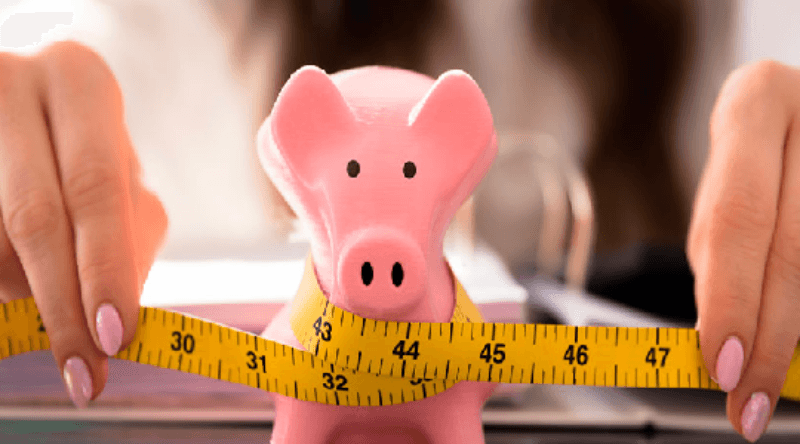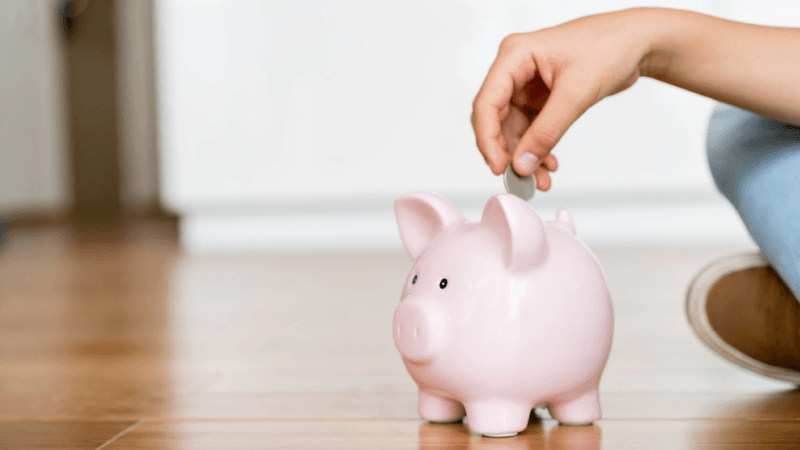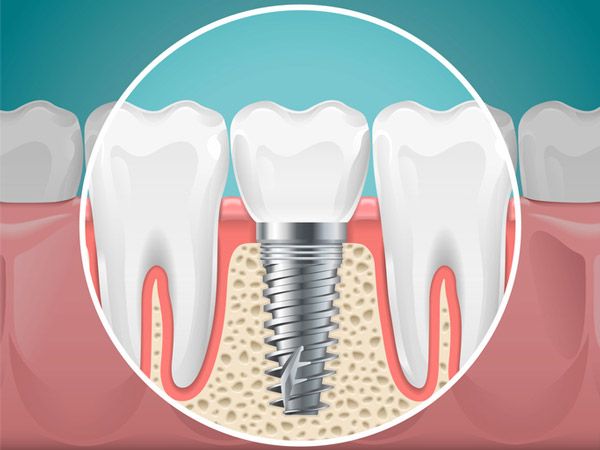
Saving is something we all want to achieve, but often don't know how to start. The key to saving is to reduce overspending and increase income if possible. In this article we will give you some practical tips so you can reduce your expenses and increase your savings.
Adjust your expenses
To reduce your expenses, it is important to adjust your budget and make sure you are spending your money wisely. Track your expenses and prioritize those that are essential, such as food, housing and utilities.
You should also consider cutting back on unnecessary expenses, such as dining out or buying expensive clothes. Look for cheaper alternatives, such as cooking at home or buying clothes at thrift stores.
Another way to adjust your spending is to eliminate unnecessary subscriptions, such as streaming services or gym memberships that you don't use often.
Eliminate unnecessary expenses
One of the first steps to reduce your expenses and increase your savings is to identify unnecessary expenses in your monthly budget. To do this, it is important to make a detailed list of all your expenses and analyze which of them you can eliminate or reduce.
Some ideas to eliminate unnecessary expenses are:
- Cancel subscriptions or memberships you don't use.
- Reduce entertainment and leisure expenses
- Buying food and products in bulk
- Take advantage of sales and discounts on purchases.
- Saving electricity and reducing water consumption.
It is not necessary to eliminate all of these expenses from your budget at the same time, but you should take steps to reduce them gradually. Remember that every little action counts and can make a difference at the end of the month.
Compare prices and offers
One of the best ways to reduce your expenses is to compare prices and offers before making a purchase. There are plenty of websites and mobile apps that allow you to compare prices at different stores and find the best deals of the moment.
It is also important to be aware of promotions and discounts offered by stores, especially in times like Black Friday or Cyber Monday. Take advantage of these opportunities to acquire necessary products at lower prices.
Remember that not always the most expensive product is the best, so be sure to read reviews and compare features before making a purchase.
Avoid debt
One of the main causes of financial problems is excessive indebtedness. Therefore, it is important to avoid acquiring new debts and try to pay off the ones you already have as soon as possible.
To avoid getting deeper into debt, it is advisable:
- Do not use credit cards in excess and always pay the balance in full each month.
- Do not apply for loans or credits if they are not really necessary.
- Do not fall into the temptation of buying things on credit with long terms and high interest rates.
Remember that the less debt you have, the easier it will be to save money and achieve your long-term financial goals.
Create a monthly budget
To reduce your expenses and increase your savings, it is essential that you have control over your finances. Therefore, the first thing you should do is create a monthly budget.
In this budget, you should write down all your monthly income and expenses. It is important that you are very detailed and do not leave any expense out. Include everything from your house rent to the money you spend on your morning coffee.
Once you have your budget ready, analyze each expense to identify those you can reduce or eliminate. For example, if you notice that you spend a lot of money on meals out, you could start cooking more at home and take your food to work.
It is also advisable to set a fixed amount to save each month and include it in your budget as an expense. This way, you will be sure to allocate a portion of your income to savings.
Remember to periodically review your budget to make adjustments as needed to keep your personal finances healthy.
Set savings goals
It is important to have a clear goal in order to save successfully. Decide how much money you want to save and over what time frame. You can break your goal into small objectives, such as saving a certain amount each week or month.
It is also important to set priorities. Decide which expenses are necessary and which you can reduce or eliminate altogether. You can make a list of your monthly expenses and analyze what you could cut back on to have more money available to save.
Once you have your goals clear, establish an action plan to achieve them. You can use tools such as a monthly budget to track your expenses and make sure you are saving the desired amount each month.
Remember that saving doesn't have to be difficult or painful. By setting clear goals and proper priorities, you can reduce your spending and increase your savings without sacrificing your quality of life.
Automate your savings
One of the best ways to increase your savings and make sure you don't spend it on unnecessary things is to automate your savings. You can do this by setting up an automatic transfer from your checking account to your savings account every month or every time you receive your salary.
You can also set up the automatic savings option in your banking application, so that every time you make a purchase the amount is rounded up and the difference is transferred directly to your savings account. This will allow you to save without realizing it and reach your financial goals more easily.






